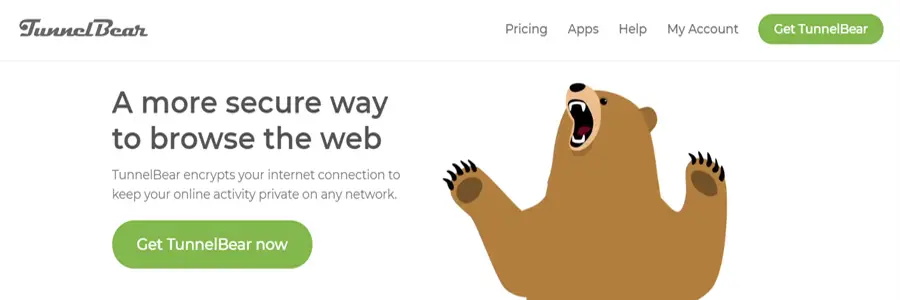

So for this section of the comparison, I’d definitely have to say the PIA VPN wins by a landslide. They simply don’t have servers in as many countries as PIA VPN, they don’t have near as much capacity as PIA VPN, and they don’t even advertise their locations, countries, and server status on their website. I didn’t run into any capacity constraints during the test (as we’ll see later), but I can only imagine that if I used them regularly, I’d run into a bottleneck from time to time. It seems that they only have 14 servers in total, which is absolutely awful. However, when trying to make a connection, I found that they only have servers in 9 countries around the world. They don’t advertise all of their server locations on their website, either (which I found to be incredibly infuriating and odd). Tunnelbear doesn’t have servers in nearly as many locations… This makes them an optimal choice for people wishing to unblock geo-restricted content within the US.

PIA VPN takes the exact opposite approach and makes sure that they have an immense amount of capacity in the few select countries they operate servers.īecause they have so many servers and IP addresses, it makes it very hard for streaming content services like Hulu to block all of their IP addresses. Some VPN providers try to span as much as the globe as possible but spread themselves a little thin in terms of capacity per location. They are always adding new servers and locations to their network, but they are interesting because of how concentrated their servers are. Let’s start by analyzing PIA VPN, which has approximately 3,100 servers in 24 countries. Past that, it might be harder for people living in more remote corners of the world to find a VPN server that is outside their country, yet still nearby, in order to introduce the smallest amount of latency to their Internet connection as possible. You’ll find that most VPN service providers always have servers in the most popular VPN areas, such as Hong Kong, Singapore, the United States, the UK, and other popular VPN locations. This is one key factor that varies greatly among various providers, and it could have a heavy bearing on your choice. Private Internet Access uses OpenVPN, whereas TunnelBear uses two different protocols, OpenVPN and IPSec which works best on iOS devices.įor starters, we need to compare each VPN service’s network of VPN servers.Private Internet Access uses split tunneling, whereas TunnelBear is missing the split tunneling feature.
#Tunnelbear best vpn service free#

03:30 am GMT The Main Differences Between Private Internet Access vs TunnelBear


 0 kommentar(er)
0 kommentar(er)
